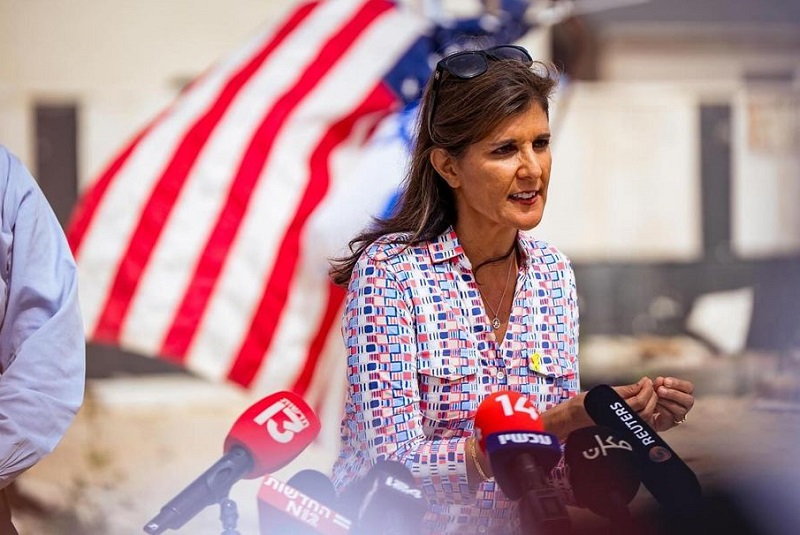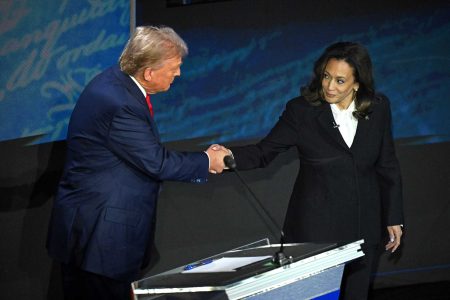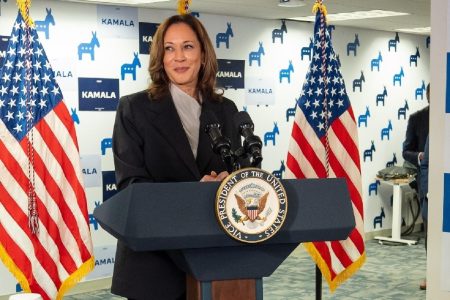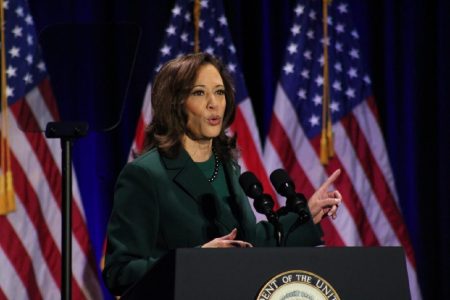
As speculation mounts over Donald Trump’s potential vice-presidential pick, one candidate stands out who could mend GOP divisions, attract an independent donor base, and appeal to a broader spectrum of voters: Nikki Haley. Despite her potential to bolster his ticket, Trump has already ruled her out, citing personal differences despite her tenure as his UN ambassador.
Haley, a former South Carolina governor, lacks Trump’s essential requirement of unwavering loyalty, having maintained her independence even after withdrawing from the nomination race. This independence makes her both a potential asset and a perceived threat to Trump.
Historically, presidential candidates have sometimes chosen running mates who can strengthen their ticket, as seen with John F. Kennedy and Lyndon Johnson in 1960 and Ronald Reagan and George H.W. Bush in 1980. Trump’s 2016 pick of Mike Pence was a strategic choice that aligned with traditional criteria, boosting his appeal among white evangelical voters.
Current GOP hopefuls like Doug Burgum, Tim Scott, and Vivek Ramaswamy are vying for consideration, displaying their loyalty through various campaign efforts. While the vice-presidential pick is often a subject of intense media speculation, it usually has a marginal impact on the election outcome, though it significantly affects the running mate’s future political prospects.
Trump’s considerations for a running mate include figures who could be groundbreaking for the GOP, such as Scott, Byron Donalds, and Ben Carson. The list also features female contenders like Sarah Huckabee Sanders and Elise Stefanik. However, Trump’s preference seems to lean towards a candidate who won’t overshadow him, suggesting someone with a steady demeanor and loyalty might be his ultimate choice.











